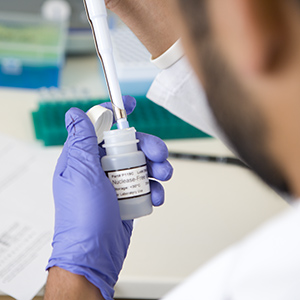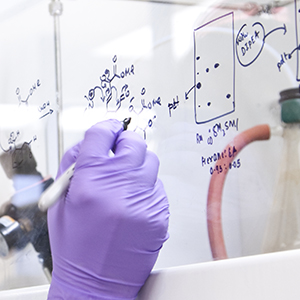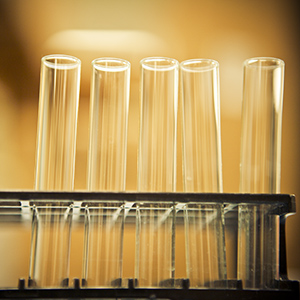Description
New compounds shrink cancer tumors
Promising new compounds shrink brain cancer tumors without any noticeable side effects, according to early research tests at the University of Nebraska Medical Center.
Most cancer therapies are toxic, which is why treatment often includes sometimes debilitating side effects. UNMC’s innovative approach specifically targets the cancers cells in tumors, unlike more traditional chemo- or radiation therapies, which can indiscriminately affect both cancerous and healthy cells alike.
The compound focuses on cancer cells that produce an overabundance of norepinephrine transporter protein. Researchers created the molecule by combining a norepinephrine-targeting agent with another agent that damages DNA. The targeting agent helps the molecule get inside a cancer cell. Once inside, the DNA-damaging agent kills the cell by breaking apart its DNA.
As an effective delivery platform, the compound could also be adapted for other therapeutic uses such as labeling norepinephrine cancer cells, which would allow physicians to better diagnose and track the disease.
To discuss licensing opportunities, contact Nathan Hatch, PhD, at nathan.hatch@unmc.edu or 402-604-0914.






